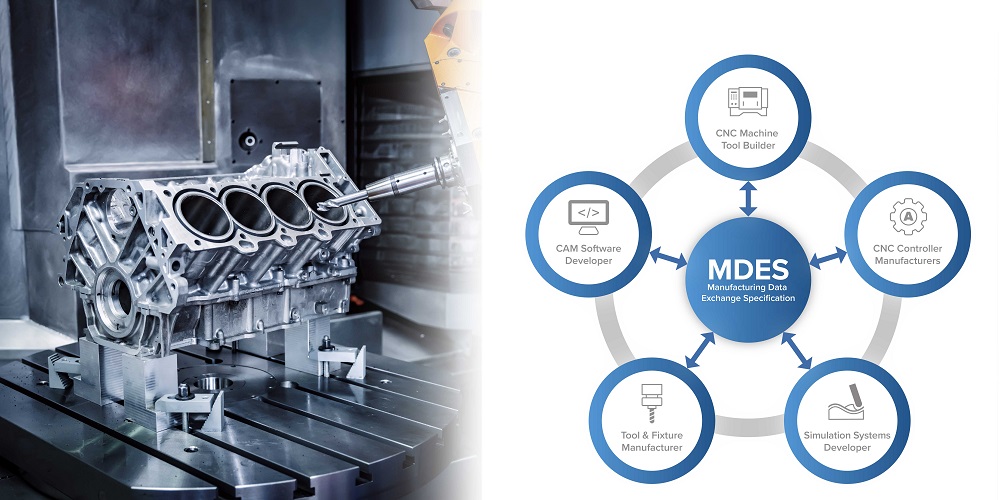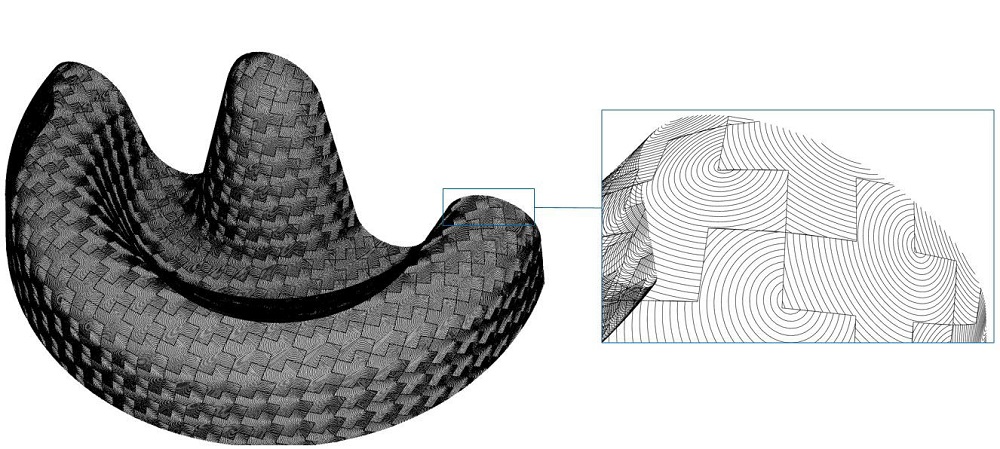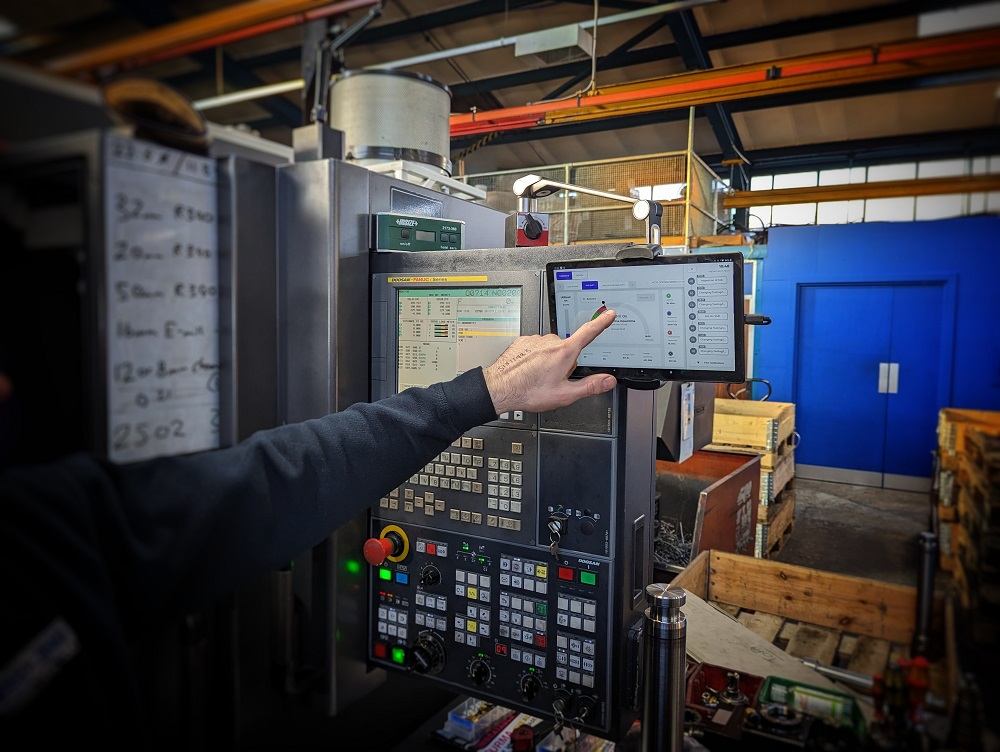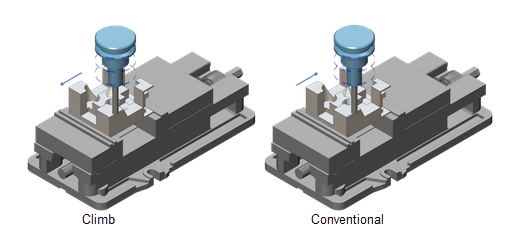ModuleWorks, a provider of software components and solutions for CADCAM systems and CNC machining, has introduced the Manufacturing Data Exchange Specification (MDES). The new specification aims to enhance the efficiency of manufacturing workflows by enabling seamless data exchange across different platforms and processes.
MDES is a new, open data exchange specification for the manufacturing industry. It increases the interoperability of different hardware and software systems across all stages of the product lifecycle, from design and planning to production and quality control. The free-to-use specification enables any company to adopt MDES as a universal language for the digital representation of machining assets such as tool components, assemblies, fixtures, stocks and set-ups, as well as their mounting in machine tools.
Unifying the digital representation of machining assets in an open specification has the potential to simplify and accelerate data exchange by minimising the need for data bridges between different proprietary systems. This would also reduce software development costs and dismantle adoption barriers for new equipment, encouraging manufacturers to leverage the benefits of the latest technology on the market.
Yavuz Murtezaoglu, founder and CEO of ModuleWorks, says: “Over the past 20 years, ModuleWorks has been developing digital manufacturing software in partnership with CAM system developers, machine tool builders and CNC control manufacturers. This puts us in a unique position to understand the importance of a common data exchange specification for the industry, and to develop a specification that meets the needs of different stakeholders.”
The new specification is compatible with the existing industry standards ISO13399 (Cutting tool data representation and exchange) and DIN4000-190 / DIN4003-190 (Tabular layouts and 3D description of fixture devices).
For further information www.mdes.info



















